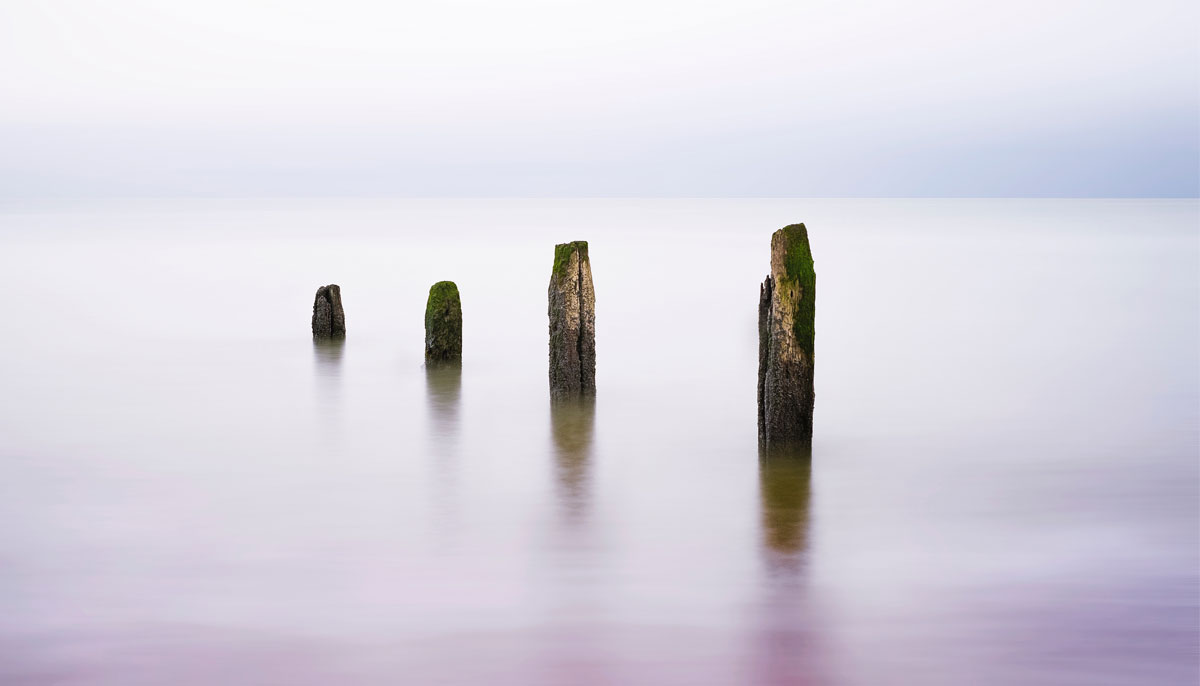How many people who will die today even know that this will be the last days of their lives? I think of friends who have died without completing projects, without having had the opportunity to say words of goodbye to a spouse or a child, without having forgiven a friend. Again, we still don’t believe it can happen to us.
We may take care of a dying friend and make the natural mistake of thinking ourselves separate from her experience. In our minds, we may divide ourselves from her: “She is dying; I’m the caregiver.” But in reality, we’re joined by the bonds of impermanence. Maybe it’s too disturbing to say to yourself, I am dying, too. But the truth is, you are already dying. So am I. We’re all linked by the inevitability of loss and death, even if we seem to be easily meandering down the road of living.
Already, all of us have experienced impermanence, which is just another form of dying.
Every one of us has had to give up something we loved. We’ve sacrificed cherished plans or dreams, felt grief and loss. Already, all of us have experienced impermanence, which is just another form of dying. What hasn’t changed in one way or another? Everything is always changing. Even the Sun, a symbol of immortality, is a star that will someday be extinguished. If we start training ourselves to observe the changing nature of our everyday situations, we can be on our way to freedom from suffering.
Accepting impermanence and our shared mortality requires loosening the story knot: letting go of our concepts, ideas, and expectations around how we think dying ought to be. It also calls us to “practice dying”—that is, to let go, surrender, and give away, in the best of worlds, to practice generosity. We can do this now; at any time, we can start practicing dying. And if we do, we might also start to perceive the interdependence of suffering and joy—that life and death are not separate but intertwined like roots deep in the Earth.
When I am sitting with a dying person, I sometimes hear the following words inside me: “Whatever suffering this person is experiencing, it will change.” Maybe for better, maybe for worse. Change is inevitable—that’s impermanence. And at the same time, it is necessary to be fully there for the often overwhelming and raw truth of moment-to-moment suffering. The awareness of impermanence can serve to deepen our commitment to living a life of value and meaning. Many traditions teach the inevitability of death as the bedrock for the entire spiritual path. Plato told his students, “Practice dying.” The Christian monks of medieval Europe ritually whispered to one another, “Memento mori” (“Remember death”). And one Buddhist sutra tells us, “Of all footprints, that of the elephant is supreme. Of all meditations, that on death is supreme.”
From Being with Dying: Cultivating Compassion and Fearlessness in the Presence of Death, by Joan Halifax. ©2008 by Joan Halifax. Reprinted with permission of Shambhala Publications.

